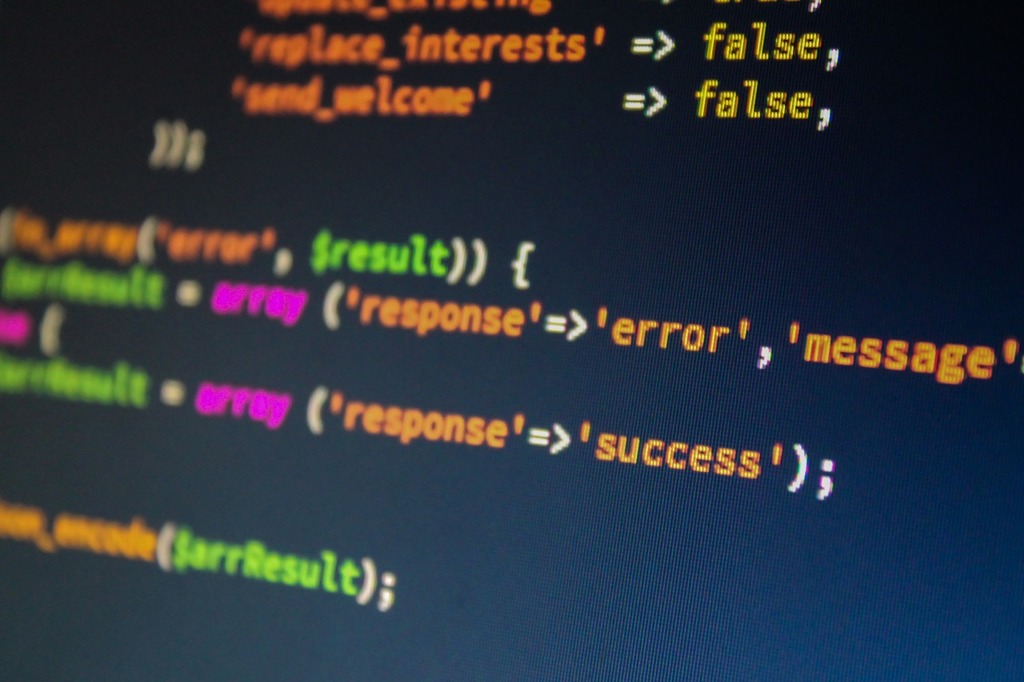20 January 2025
Competitions and Challenges

As teachers, we are constantly looking for ways to inspire and challenge our students. One tried and tested way to engage students and push their abilities is through competitions, and other programming/project. For primary, secondary, and sixth form students, coding and computational thinking challenges can provide an enriching experience that extends far beyond the classroom. However, as with any educational activity, these competitions come with both rewards and challenges, not least the time, organisation and effort that is often involved alongside a busy teaching schedule.

For younger students (KS2, KS3), one of the most accessible and engaging competitions is the UK Bebras Challenge. This competition is designed to encourage students to think logically and apply problem-solving skills in a fun, low-pressure environment. What sets Bebras apart is its emphasis on computational thinking rather than just coding. By introducing students to fundamental concepts in computer science like algorithms, patterns, and data processing, Bebras helps develop skills that are applicable to a wide range of subjects, not just tech. For primary and early secondary school students, Bebras is an ideal way to spark an interest in computer science without requiring advanced coding skills. The challenge is accessible to all students, making it an inclusive opportunity for introducing them to the world of tech in an engaging and supportive setting.
For secondary school and sixth form students who are ready for more complex tasks, the Perse Coding Challenge is an excellent next step. This competition is more technical, focusing on coding, algorithms, and software design. It's an opportunity for students who already have some coding knowledge to apply their skills in a competitive setting. The Perse Challenge encourages deep thinking, as students must often work through multiple layers of logic to arrive at solutions. It also promotes collaborative problem-solving, allowing students to work in teams. For teachers, this provides a valuable opportunity to observe how students interact with one another in high-pressure situations, helping to develop both technical and interpersonal skills.
The Perse Coding Challenge is an excellent first step for students who might be thinking of entering the Informatics Olympiad. The British Informatics Olympiad (BIO) is a prestigious event that challenges students to demonstrate their coding and problem-solving skills, often leading to further opportunities in higher education. Similar Olympiads are run in many other countries - there is an International Olympiad. It's a relatively high stakes challenge!
 Participating in these competitions can bring many benefits. First and foremost, students gain practical experience in coding and problem-solving, exposure to new concepts such as artificial intelligence or machine learning can be incredibly motivating, especially for students who are passionate about tech but may not have access to these topics in the classroom. Competitions also help build confidence, particularly when students overcome challenges or advance through competition rounds. This sense of achievement can drive further interest in computer science and encourage students to pursue it in higher education or as a career.
Participating in these competitions can bring many benefits. First and foremost, students gain practical experience in coding and problem-solving, exposure to new concepts such as artificial intelligence or machine learning can be incredibly motivating, especially for students who are passionate about tech but may not have access to these topics in the classroom. Competitions also help build confidence, particularly when students overcome challenges or advance through competition rounds. This sense of achievement can drive further interest in computer science and encourage students to pursue it in higher education or as a career.
Another significant advantage is that competitions foster collaboration. Many challenges, including Bebras and the Perse Coding Challenge, encourage teamwork, which helps students develop communication and collaborative problem-solving skills.
However, preparing for such events requires time—something that is often in short supply, especially for students who are balancing multiple subjects and extracurricular activities. The pressure to perform well can also be stressful, particularly for students who may not have much experience with competitive coding. Additionally, some students may have access to more resources, such as mentoring or advanced coding clubs, putting others at a disadvantage. It is interesting to read that independent schools are more likely to enter their students for competitions as p[art of their annual cycle.
As teachers, fostering participation in these competitions can inspire a new generation of students to pursue computer science with enthusiasm, and provide them with the tools and confidence they need to succeed in an increasingly digital world.
At CAS we maintain a list of currently available competitions. By 'we' I mean 'us' - I mean 'you' :) Do add to this list especially if you have entered students for a competition. Why not write a short blog post for others discussing how it went?







Discussion
Please login to post a comment